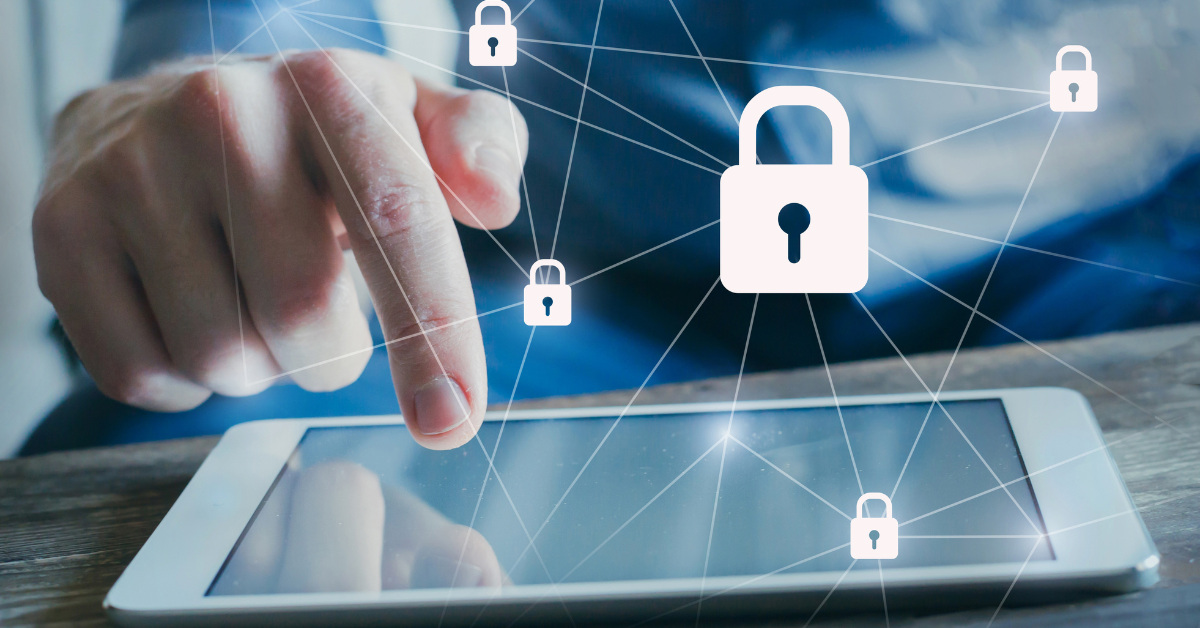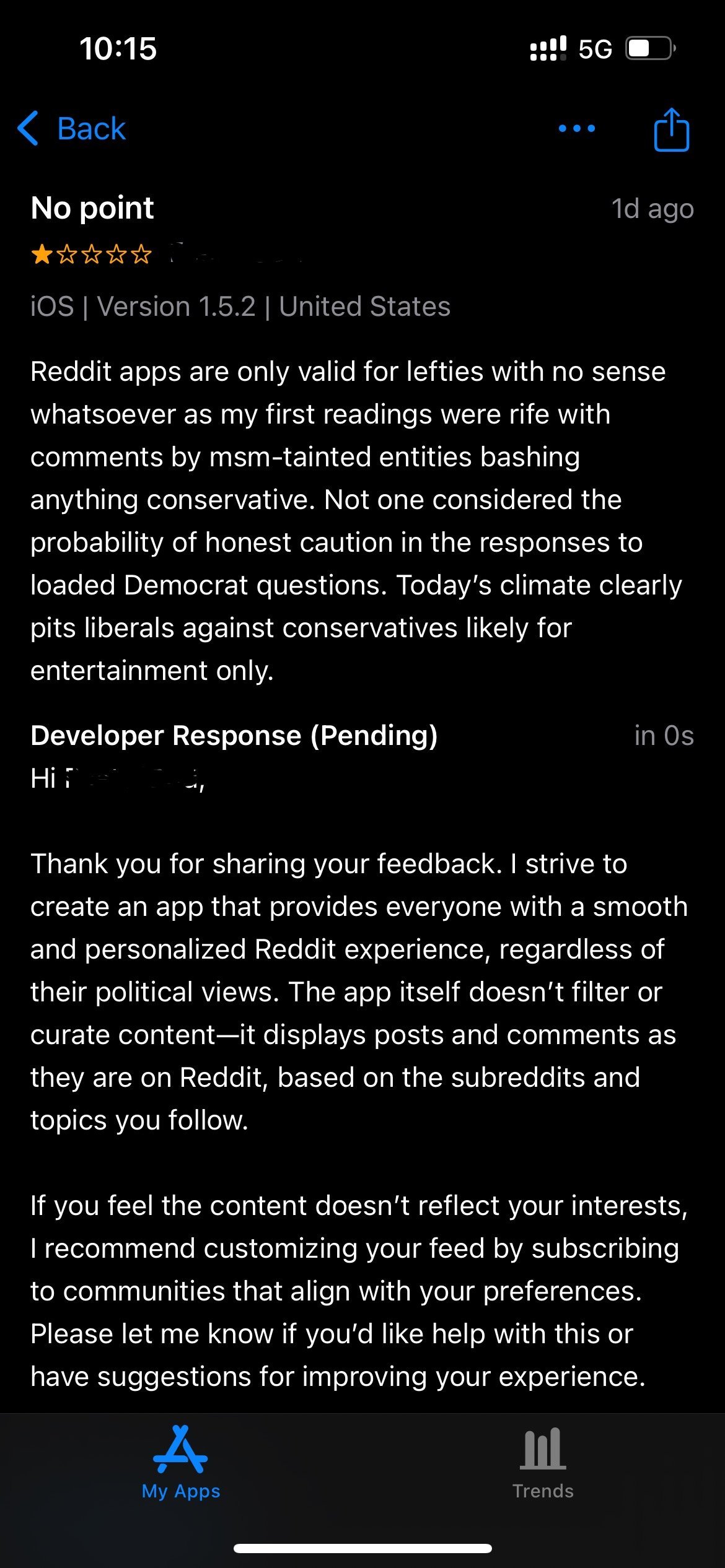Still booting after all these years: The people stuck using ancient Windows computers
-
Idk, it was horrendously insecure, would freeze a lot, and missing creature comforts like window tiling.
Tbh I think you're letting nostalgia blind you to XP's flaws a little.
If they kept refining Win7 it would've been great.
Idk, it was horrendously insecure, would freeze a lot, and missing creature comforts like window tiling.
It was significantly more secure than it's DOS-based predecessor of the time, Windows ME (that's a whole other rabbit hole; if you wanna talk insecure and buggy as fuck - look no further). That's what people don't realize, they look at the past through a modern lens. You gotta look at it from the time it was released. There's a reason mainstream consumer-focused Windows editions dropped DOS and moved to the NT kernel. XP was the first real consuner version of Windows based on XP.
If they kept refining Win7 it would've been great.
They did, it was called "Windows 8" and nobody liked it.
-
This post did not contain any content.
I'd still be using Windows 7 if I could.
-
I like that idea bit it'll never fly. That software is an asset. A bankrupt company needs every asset to be sold to cover as much percentage of their debt to their vendors as possible.
I've been in a company that went bankrupt and I've been the vendor of a company that went bankrupt. Being the vendor was the harder experience.I'm sure it makes the bean counters happier to have another asset valued at X amount, but in practice the software will just be locked in some vault where it won't do anyone any good.
Its an instance where the number on the screen doesn't actually correspond to any useful economic activity.
-
and how to use is safely.
Such as by disconnecting the ethernet and power cables
I wouldn't be surprised if there are a bumper crop of level 10 CVEs in the latest and "greatest" version of Windows 7 that will never get patched. Unless you have one of those special enterprise licenses that they keep updating.
-
Idk, it was horrendously insecure, would freeze a lot, and missing creature comforts like window tiling.
It was significantly more secure than it's DOS-based predecessor of the time, Windows ME (that's a whole other rabbit hole; if you wanna talk insecure and buggy as fuck - look no further). That's what people don't realize, they look at the past through a modern lens. You gotta look at it from the time it was released. There's a reason mainstream consumer-focused Windows editions dropped DOS and moved to the NT kernel. XP was the first real consuner version of Windows based on XP.
If they kept refining Win7 it would've been great.
They did, it was called "Windows 8" and nobody liked it.
But this article is talking about people running Windows 7 today, so comparing current actions through a modern lens is entirely valid
-
They lost me when they removed the start button on the left side of the taskbar in version 8.1 (I think it was) to... Be cool with the kids (I think 8.1 was supposed to be touch screen friendly)? I don't even know, but I went back to Windows 7 for a long while.
The backlash with the start button was so huge that they put it back on the taskbar in Windows 10 (at least mine has it and is the reason I got Windows 10). I'm currently refusing to update to Windows 11, because it apparently crashes when playing certain video games and I'm not about to have the other trash bugs that come with it, which I've been seeing posted on Microsoft help forums when I search for Windows 10 related questions. Fuck that noise, I don't want to deal with it.
Windows 8 removed the start button, 8.1 brought back most all of the "legacy" UI features (which still persist today).
-
I mean, you could read the article. Many users are unhappy with the performance or reliability.
And a lot of people are actually stuck because the Windows XP/7 machine is attached to industrial equipment that costs an unbelievable amount of money or is just impossible to replace.
-
They lost me when they removed the start button on the left side of the taskbar in version 8.1 (I think it was) to... Be cool with the kids (I think 8.1 was supposed to be touch screen friendly)? I don't even know, but I went back to Windows 7 for a long while.
The backlash with the start button was so huge that they put it back on the taskbar in Windows 10 (at least mine has it and is the reason I got Windows 10). I'm currently refusing to update to Windows 11, because it apparently crashes when playing certain video games and I'm not about to have the other trash bugs that come with it, which I've been seeing posted on Microsoft help forums when I search for Windows 10 related questions. Fuck that noise, I don't want to deal with it.
They seemingly wanted to design the entire interface around touchscreen 2-in-1s. If you went in a Microsoft store around the time windows 8 came out, they were leaning really hard into the 2-in-1s. I got a surface pro 3 at that time that I used to take handwritten notes in school, and the windows 8 interface was honestly awesome with that use case. On my desktop PC, though, I held out updating from 7 until windows 10.
-
Depends if the photo was taken recently or at the time W95 was around...
Hey she could still be chill and using Win 95 to this day!
-
I'd still be using Windows 7 if I could.
I mean, you can if you want to
-
This post did not contain any content.
I would still be using Windows 7 if it was safe to connect to the internet.
I can't believe government systems are just open to cyber security like that.
Are there not cyber terrorists for some teenager that has tried to do anything with these unsecured systems?
-
This post did not contain any content.
I run a computer on Win7 at work, because it needs some important legacy software. It can't be containered because it has a nasty licence manager.
And my oscilloscope runs on Win98.
-
I mean, you can if you want to
It's not safe and all that stuff.
-
Yeah, I'm well aware. But how much of my time would it take to get a bunch of windows software running smoothly on Linux?
I do appreciate the offer of personal help, that's an extremely generous offer to an internet stranger. Sincerely, thank you!
Check if there's alternatives to what you use in Windows, or if there's a Linux version. Decide if you need to use the windows program, or if the Linux equivalent will work. There may be a learning curve to using a different program, but I haven't yet really found anything that doesn't have an equivalent that isn't a program paired with hardware that will only work with each other.
-
Windows 8 removed the start button, 8.1 brought back most all of the "legacy" UI features (which still persist today).
It might be. I remember buying a laptop at that time and it came with 8 and it annoyed me so dang much.
-
I've been trying tk get family to switch to Linux, but some are irrationally attached to MS Word. I wonder if Office 2003 will run in Wine?
I've had success with Office 2010 under Wine.
https://appdb.winehq.org/objectManager.php?sClass=version&iId=18487
-
This post did not contain any content.
Ancient industrial machines use ancient windows computers. This has been known forever. There's a whole niche industry of very expensive ram and hard drives and other components keeping this industry going
-
The elevator was running Windows XP.
Clearly an extreme case of overengineering. A elevator has no business running more than a few microcontrollers.
But how else can it book requests for priority access, and verify the credit card for whoever booked the elevator?
-
The elevator was running Windows XP.
Clearly an extreme case of overengineering. A elevator has no business running more than a few microcontrollers.
In highrises with lots of stops and users, it uses some more advanced software to schedule the optimal stops, or distribute the load between multiple lifts. A similar concept exists for HDD controllers, where the read write arm must move to different positions to load data stored on different plates and sectors, and Repositioning the head is a slow and expensive process that cuts down the data transfer rate.





